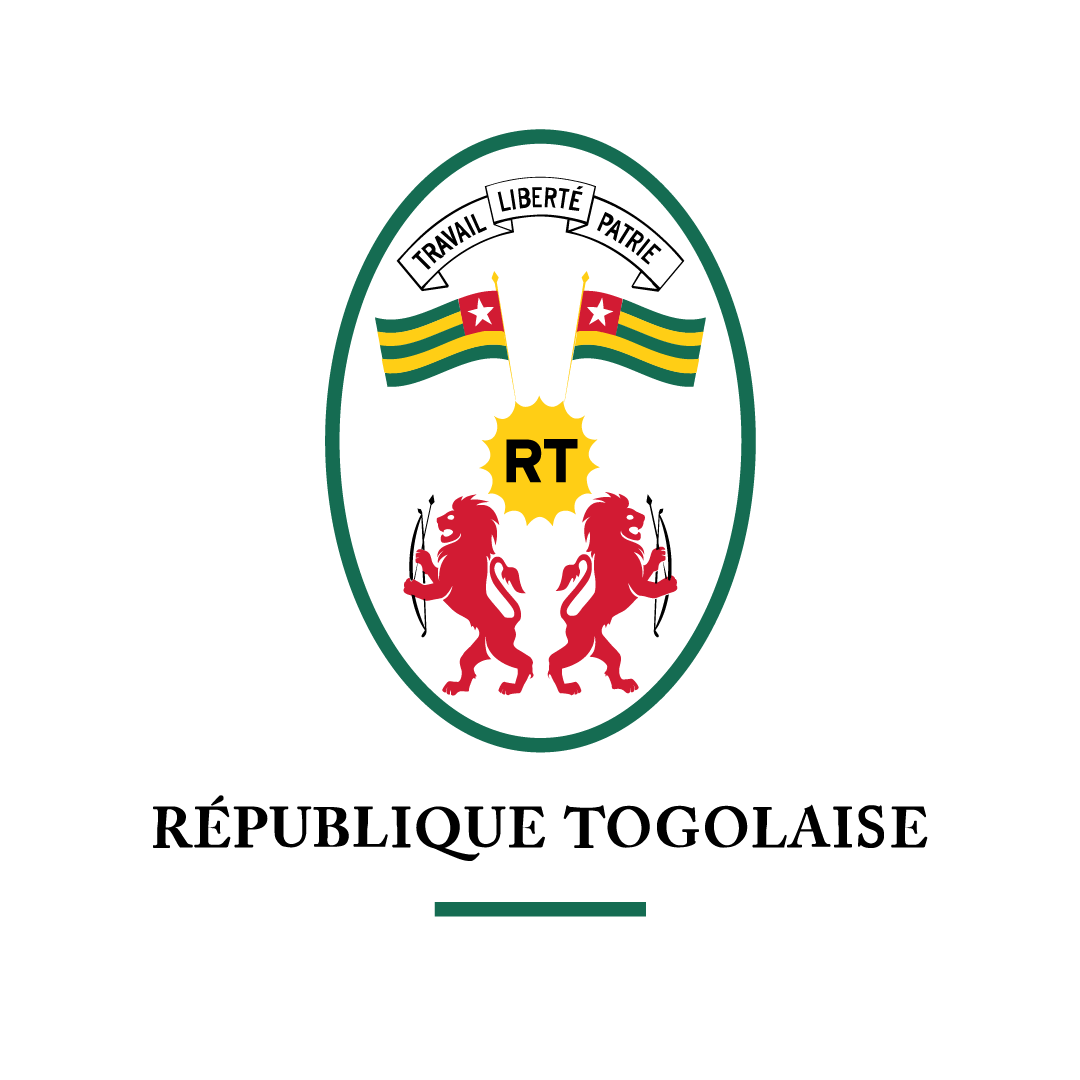
The Legal Landscape of Online Casinos in Different Countries in 2025
As we enter 2025, the online casino industry is witnessing unprecedented growth, fueled by technological advancements and changing consumer preferences. However, with this growth comes a complex legal landscape that varies significantly from one country to another. Understanding these legal nuances is essential for operators, players, and regulators alike. In this article, we will explore the legal frameworks governing online casinos in various countries, focusing on the evolving regulations, challenges faced by operators, and the implications for players. For an in-depth analysis, check out The Legal Landscape of Online Casinos in Different Countries in 2025 mosbet uz for more insights.
1. The Global Shift Towards Regulation
The global trend towards the regulation of online gambling has been gaining momentum over the past few years. Countries are recognizing the need to create legal frameworks that protect consumers, ensure fair play, and generate tax revenue. By 2025, many jurisdictions are expected to have formal regulatory bodies overseeing online casino operations. This shift is driven by a desire to curb illicit gambling activities and provide a safe environment for players.
2. European Union: A Patchwork of Regulations
The European Union (EU) is home to a diverse array of online gambling regulations. Each member state has the autonomy to establish its own laws, resulting in a patchwork of regulations. Countries such as Malta, the United Kingdom, and Sweden have established well-regulated markets that attract operators and players alike. The European Commission has advocated for a harmonized approach to online gambling, but significant disparities remain.
In 2025, the focus may shift towards stricter measures regarding responsible gambling and consumer protection across the EU. The introduction of a unified taxation system could also be on the table, providing a more predictable environment for operators while preventing tax evasion.
3. North America: A Booming Market with Variable Regulations

North America presents a unique landscape for online casinos, particularly with the legalization of sports betting across many states in the United States. By 2025, more states are expected to have embraced online gambling, creating a competitive environment that benefits players through enhanced offerings and promotions.
However, the regulatory environment remains fragmented. Each state has its own set of rules, licensing requirements, and tax structures, resulting in a complicated landscape for operators. As a response, industry groups are advocating for federal legislation to standardize online gambling regulations, similar to the historical approach taken with the legalization of sports betting.
4. Asia: A Mixed Bag of Prohibitions and Opportunities
Asia’s approach to online gambling varies tremendously from country to country. In nations like Japan and South Korea, strict prohibitions on online casinos exist, driving players to offshore operators. In contrast, regions like Macau are embracing a more lenient stance, recognizing the economic benefits of regulated online gambling.
By 2025, countries like Japan are expected to reassess their positions on online casinos, potentially opening up regulated markets to boost tourism and domestic spending. Meanwhile, countries with strict laws may face challenges as players seek out unregulated platforms.
5. Australia: Tightening Regulations
Australia has enjoyed a robust online gambling market, but concerns over problem gambling and illegal operators have prompted regulatory changes. By 2025, it is anticipated that Australia will have implemented stricter regulations, focusing on advertising standards and player protection measures.
Operators will need to adapt to these changes to remain compliant. Additionally, the Australian government is likely to continue cooperation with international regulatory bodies to combat illegal gambling activities that present challenges to its licensed operators.

6. The Implications for Players
As the legal landscape evolves, players will need to stay informed about the regulations relevant to their jurisdictions. Regulatory developments will influence the availability of games, bonuses, and customer support. Players should prioritize licensed operators to ensure a safe gambling experience.
Moreover, focusing on responsible gambling practices will become increasingly important as jurisdictions implement stricter measures to protect consumers. Awareness campaigns, self-exclusion options, and access to support services will likely become standard offerings from reputable online casinos.
7. The Role of Technology in Compliance
Technological advancements are playing a crucial role in helping online casinos comply with regulations. Blockchain technology, for instance, offers transparent and secure transactions, while Artificial Intelligence (AI) is being used to monitor player behavior and detect gaming anomalies.
By 2025, we can expect more operators to leverage these technologies, ensuring adherence to regulatory standards while providing an enhanced experience for players. Additionally, data-driven approaches will help operators better understand player preferences, allowing them to tailor their offerings to meet consumer demand.
Conclusion
The legal landscape of online casinos in 2025 will continue to evolve as countries navigate the challenges of regulation, player protection, and market competition. As jurisdictions establish clearer frameworks, operators and players alike must remain vigilant and informed about the legalities of online gambling in their regions. By understanding these complexities, stakeholders can ensure a responsible, safe, and enjoyable gambling experience in the ever-changing online casino industry.

